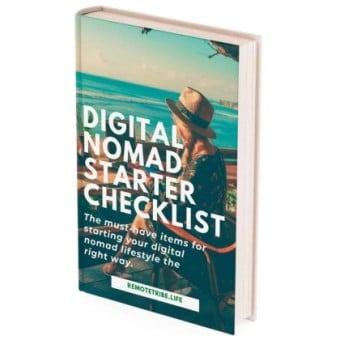Welcome to the future of work. Remote work, location-independence, and a refound name for freelancers is the new (and exciting) normal. As we are all-embracing working remotely after COVID, we realize that so much can be done with just a wifi connection and a laptop. Freelancer workers have known this for years, but part of their work was to convince their clients the same.
Fortunately, the shift to remote also simultaneously is the shift to freelancing. According to a recent Upwork study, 2 million Americans have started freelancing in the past year. With that rise in freelancing, there is a huge increase in the willingness to hire freelancers. According to another study by Upwork, the willingness to hire freelancers actually increased by 47% after the pandemic, and the number of job postings looking for freelancers increased by 73% in the same study.
There’s no doubt that freelancing has been an underrated career choice for all this time, and now it’s finally getting the credit it deserves. Perks of being your own boss, living where you want, and creating your own corporate ladder to climb are truly appealing aspects of this lifestyle. Starting the journey to become a freelance worker can seem daunting at first, although, by the end of this post you’ll know if you have what it takes and you’ll know where to find support for embarking on your journey.
What is a Freelancer?
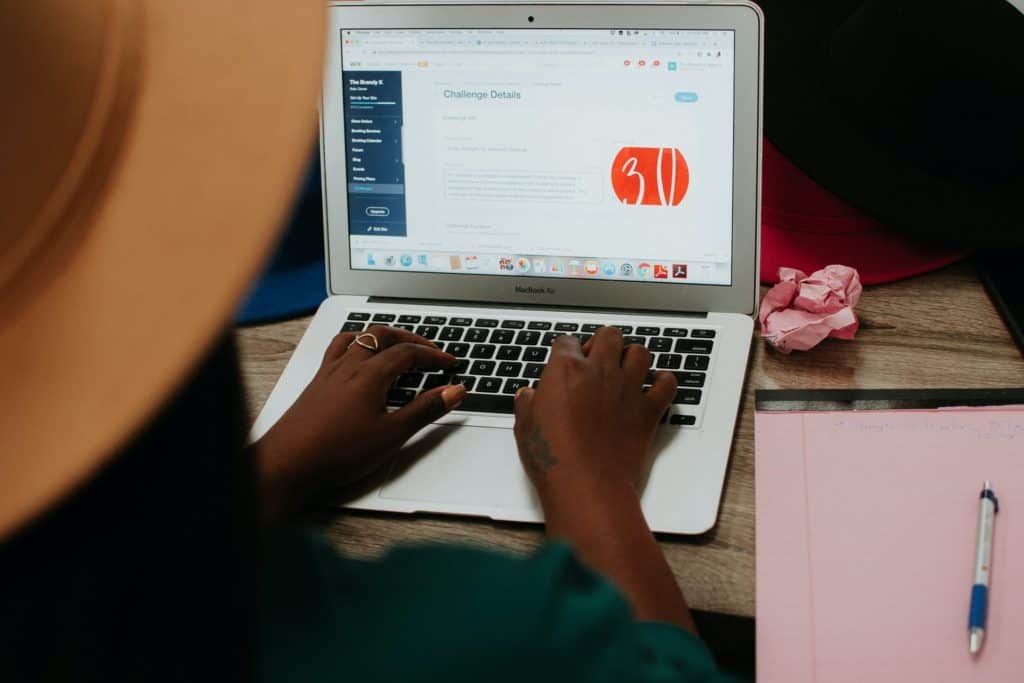
If you offer any type of work for a company and are not an employee of that company, chances are you are a freelancer. Freelancing is simply the act of performing work for a company as a self-employed employed entity. Often, you are considered an independent contractor. This means that you’re responsible for all your taxes, incorporating yourself (note that in some countries operating under your own name does not require you to incorporate), setting your rates, finding clients, and managing your finances all on your own.
Just as in any business relationship, you are also responsible to learn how to communicate with your clients, gain respect from them and establish your worth. This becomes extra challenging when you may face times of uncertainty with dry spells, lack of knowledge about your assigned tasks, and face imposture syndrome head-on.
Learning how to overcome these obstacles is a long journey and will almost always likely end up with you making a few beginner mistakes. Although some of the best freelancers in the game have made the same mistakes as well – it all depends on how you learn from it that makes you become a successful freelancer.
You can learn how to mitigate these risks and navigate through the world of freelancing by taking specialized courses to help you succeed as a freelancer on a platform that offers online education for the remote work space, such as Rise Remotely.
While it may seem like the book-keeping and ongoing learning of becoming a freelancer worker is daunting at first, remember that freelancers have the ultimate flexibility and freedom to live where they want, learn what they want, and work how they want.
How Do You Know if a Freelancing Job is For You?
There is nothing wrong with going into freelancing with the sole purpose of wanting to work online and travel the world – it’s what motivated me throughout many years of my freelancing career. Although, it’s naive to go into this career thinking that it’s a get-rich-quick scheme, or that you will have clients throwing money at you as soon as you update your Linkedin job description to freelancer or self-employed. The truth is, freelancing requires a lot of hard work and dedication, but the payoff is 100% worth it. Some important to ask yourself before you make the leap into freelancing are as follows:
What will you do to gain experience?
Do you already have experience working in your niche? Are you willing to work for free or for a low wage for a small amount of time to get your foot in the door? Are you truly willing to learn from everything and everyone?
Is your mindset strong?
Are you willing to fail and pick yourself up again? Do you have an entrepreneurial
Spirt? Do you know how to self-motivate yourself?
Do you know how to manage your time, or are prepared to learn how to do so?
Time management is key when working on your own. You need to be disciplined, set your own priorities and execute them.
Are you willing to live a different type of lifestyle than most of the people you know?
Are you ready to learn about work-life balance? Are you able to deal with the loneliness that comes with the reality that you’re your own boss, your own cheerleader, and your own congratulator?
Are you ready to do what it takes to get clients?
Are you able to accept the possibility of having dry spells and being turned down by clients? Are you able to constantly try again and again to get that first paying freelancing gig?
If you answered yes to any of these questions, you’re well on your way to becoming a freelance worker.
Learn how to become a freelancer with Rise Remotely
How To Become a Freelance Worker?
It’s true that the more experience you have, the more likely you are to be hired as a freelance worker. Although, it’s not always entirely true. Contrary to popular belief, your future clients will not always hire based on skills. The main reason people hire is based on how quickly you can learn and adapt and use what you learned to solve their problem.
Several years ago when I scored my first freelancing gig, I had no experience. Although, I had the determination and I was able to articulate that I understood that I knew how to implement what I learned to solve problems. To land this first client, I first filled out an application and one of the questions was “what would you teach a class about?” My answer was learning how to learn. I then proceeded to the interview and solved a few problems about social media and digital marketing (in which I research rigorously before the interview).
The best way to get your foot in the door is working with a client where you both have a mutual understanding that you’ll be learning along the way. This opportunity likely is going to be lower pay or an internship, but it doesn’t always have to be. Getting ideas out there and real freelancing experience are the main building blocks to your freelancing success.
Where Do You Find Freelancing Jobs(Gigs)?
There are no real rules to finding freelancing jobs, and what works for some freelancers may not work for others. When I started 7 years ago, I got most of my clients referrals and building trusting relationships.
Other freelancers, I know rely on job boards or platforms, such as Upwork, where they can showcase their work and have seamless interactions with their clients for small and big projects. If you’re just starting out, it’s best to decide whether you want to put your energy into it and go towards that.
Job boards such as Indeed, Fiverr, or Flexjobs, can work great, but only for the freelancers who have put time and effort into their profiles, cover letters, resumes, etc.
Sometimes, the most unconventional ways work best, such as calling local businesses around you or connecting with your network on Linkedin. It’s best to research what works best for your niche and always have testimonials and referral possibilities in the back of your mind.
Freelance Job Description
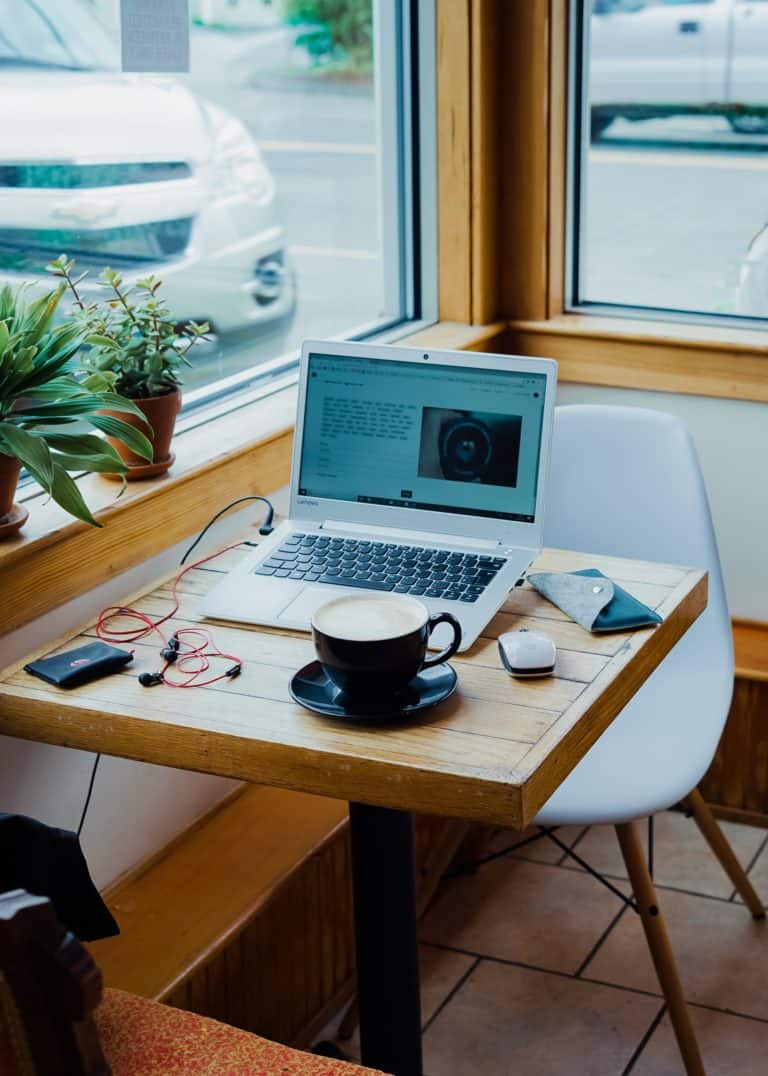
While you’re applying for freelance jobs, you’ll see that some of the listings will look like remote 9-5 positions and almost all of them will have a few things in common:
- A project overview
a)This will usually indicate whether they are looking for a new employee or an independent contractor (i.e. freelancer) by either stating it or listing the number of hours. This will include the time frame for the project, the skills required, and sometimes the compensation and other details about the role.
2. Key responsibilities and skills required
This is always an essential part of a job description, although it doesn’t always mean that you need to have every single qualification. If you end up scoring an interview for a job that you are not fully qualified for every aspect of the job, be honest about it and tell the interviewer how you will make it work, and then follow through.
3. An indication of the next steps
Whether you apply on the company site, through a job board, or through networking, the next steps would generally be a 1:1 video call with either the founder or hiring manager. This is the most important part of the application process since it sets a mood for the whole work relationship. Make sure you’re high energy, on time, and respectful of the interviewer’s questions. You don’t always have to have the most correct answer to all the questions, you just need to put thought into every answer.
What is the difference between a full-time job and a Freelance job
There are many differences between being a freelancer worker and an employee. One of the main differences that is often illuminated is the mindset shift between employee and entrepreneur. Employees may seem like they have it easier, with included benefits, a promised salary, and a steady work schedule, while freelancers have to work harder for those perks.
Although, while freelancers may face uncertainty about where their next client will come from, or don’t have benefits included in their work terms they actually have more freedom and flexibility. They can take advantage of the time between contracts to travel, focus on their personal brand, or upskill their work.
They can grow at a larger capacity than most employees because they can’t take on multiple contracts at a time to excel their learning capabilities in different areas of their niche. Plus, there are many services now geared to freelancers such as Safetywing, which is insurance for digital nomads, or online communities to help connect freelancers and digital nomads to build off each other, network and help grow together.
While staying in / resorting to a regular 9-5 job may seem appealing at first due to the security of it, the continuous celebration of personal and professional growth, location-independent freedom, and growing online communities for freelancers make becoming a freelancer pretty hard to beat.
Closing thoughts
While becoming a freelancer may be one of the best decisions for your career in 2021, it’s important to address the switch with a holistic approach. Knowing that your freelancing career won’t be built overnight, and accepting that you will most likely have to face challenges and hardships while just starting out will allow you to grow into a successful, resilient freelancer. While it may seem like it can be a lot of hard work to get started, there is also a lot of rewarding moments in this career that will make you never second guess why you started, and there are many resources and learning opportunities to help you get started on the right foot and guide you throughout your new, exciting career.
Newsletter
SUBSCRIBE NOW
Join thousands of other Digital Nomads already in our community!
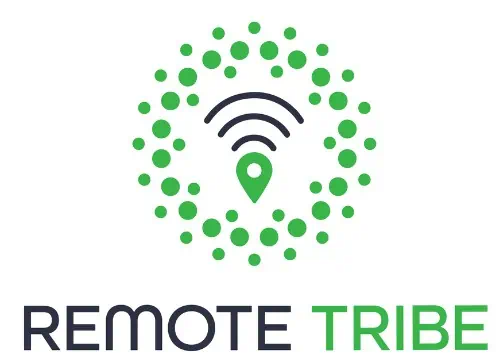
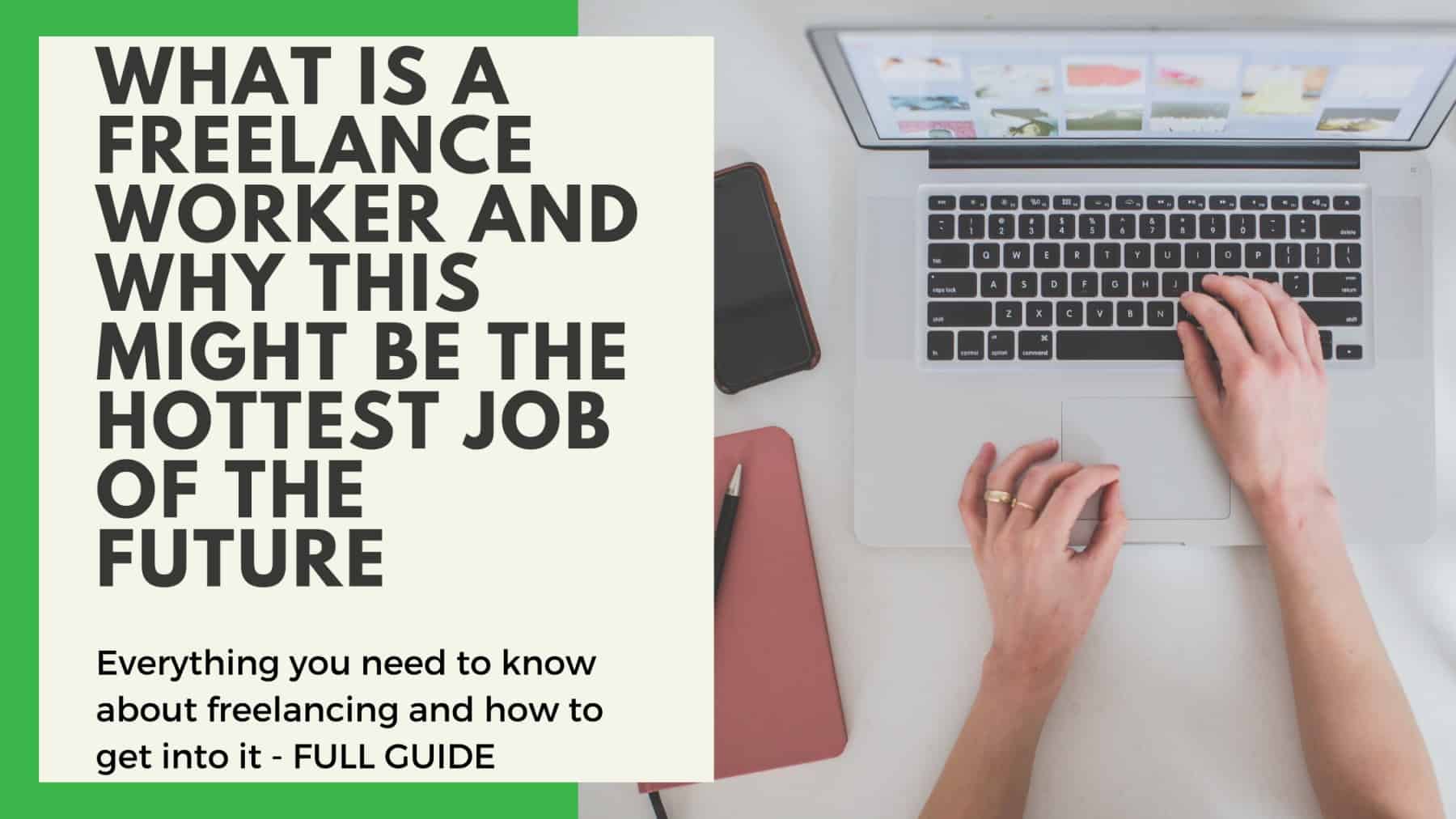


![Global Nomad Havens: Unveiling Tax-Friendly Countries for Freelancers and Remote Entrepreneurs [Pros and Cons] low tax countries for freelancers and entrepreneurs](https://www.remotetribe.life/wp-content/uploads/2023/06/Freelance-best-jurisdictions-150x150.jpg)




